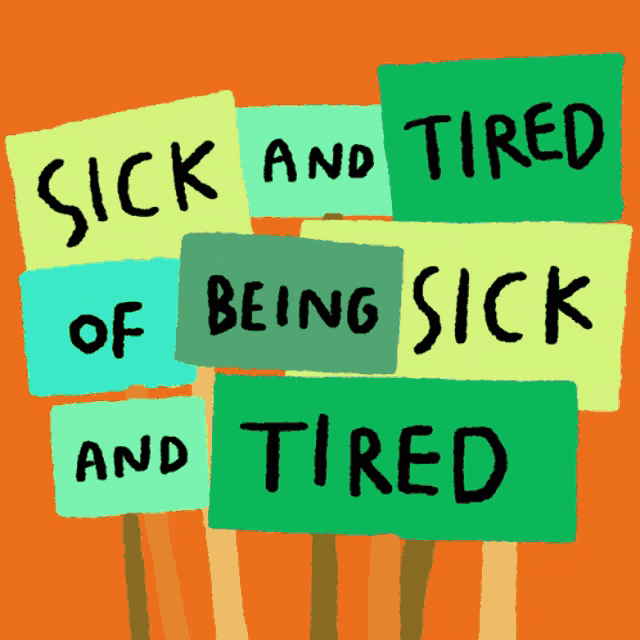How Chronic Conditions Affect Your Mental Health: Understanding the Connection

Living with a chronic illness can feel like climbing a never-ending hill. Beyond the physical struggles, there’s another challenge many people face silently: the impact on mental health. If you’re dealing with a chronic condition, understanding how it connects to your emotional well-being can be a game-changer—and this article will help you navigate that connection.
The Hidden Link Between Chronic Conditions and Mental Health
Let’s get real: living with a chronic illness is tough. Whether it’s diabetes, arthritis, or heart disease, these conditions affect more than just your body—they take a toll on your mind too.
- Feeling Down? You’re Not Alone: Studies show people with chronic illnesses (e.g. diabetes) are 2-3 times more likely to experience depression. It’s not just about feeling sad—it’s the weight of managing symptoms, worrying about the future, and dealing with limitations.
- Anxious Much? It’s Normal: Anxiety affects up to 50% of those with chronic conditions. Fear of what’s next, medical bills, or even just explaining your condition to others can make anyone feel overwhelmed.
Why Mental Health and Chronic Illness Are Connected
Think of your body and mind as teammates. When one struggles, the other feels it too. Here’s how:
- The Physical Strain: Chronic illnesses often involve pain, fatigue, or inflammation—all of which can mess with your mood.
- The Emotional Weight: Grieving your “old life” or feeling like you’re missing out can create a sense of loss.
- Social Isolation: You might skip outings because of symptoms or feel like others don’t understand your struggles.
The result? A loop where physical and mental health feed off each other, making both harder to manage.
Breaking the Cycle: What You Can Do
Good news—you don’t have to stay stuck in this loop. Here are steps to help both your body and mind feel better:
1. Talk It Out
Sometimes, just saying it out loud helps. A therapist, counselor, or support group can give you tools to manage the emotional weight of your condition. Cognitive Behavioral Therapy (CBT) is especially effective for managing anxiety and depression linked to chronic illnesses.
2. Try Mindfulness
Mindfulness is like a mental reset button. Simple practices like deep breathing or meditation can reduce stress and help you focus on the present moment. A study in JAMA Internal Medicine found that mindfulness reduces anxiety and depression symptoms in people with chronic illnesses.
3. Build Your Support Team
You’re not meant to do this alone. Whether it’s a close friend, family member, or a support group, having people who “get it” can make all the difference.
4. Small Lifestyle Wins
Don’t underestimate the power of small changes:
- A short walk can boost your mood.
- A balanced meal can give you more energy.
- Better sleep can improve everything—physically and mentally.
When Should You Get Help?
It’s okay to not be okay—but it’s also okay to ask for help. If you’re feeling stuck in sadness, constantly worried, or like you can’t enjoy life anymore, it’s time to reach out to a mental health professional. You don’t have to do this alone.
You’re Stronger Than You Think
Living with a chronic illness is hard, but it doesn’t define you. Taking care of your mental health is just as important as managing your physical symptoms—and it can make a huge difference in how you feel every day.
Remember: Progress, not perfection. Start small, ask for help when you need it, and take each day as it comes. You’ve got this.
Helpful Resources
Here are some resources to support your journey:
- National Institute of Mental Health: Mental Health Help
- American Psychological Association: Chronic Illness Support